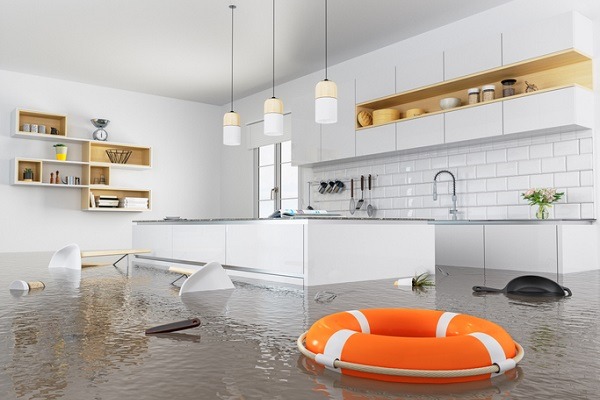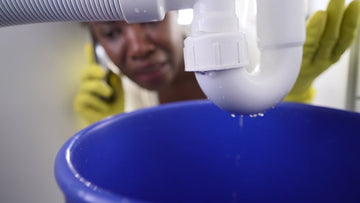In today's fast-paced world, securing your investments is more crucial than ever. For homeowners with a secondary residence, a second home leak sensor offers peace of mind, ensuring your property remains safe in your absence. Whether it's a vacation getaway or an investment property, the risk of water damage is a constant concern. Here, we explore how these sensors work and why they are vital for your secondary home.

What is a Second Home Leak Sensor?
At its core, a second home leak sensor is a smart device designed to detect water leaks and alert you immediately. These sensors use advanced technology to sense unexpected moisture levels, signaling potential leaks before they cause significant damage. By investing in these devices, homeowners can save themselves from potential nightmares like flooding, mold growth, and costly repairs.
How Does It Work?
Water leak sensors are generally easy to install and integrate seamlessly into smart home systems. They work by detecting unexpected moisture using sensitive probes. Once water is detected, they connect to Wi-Fi or a dedicated smart home hub to send an alert to your smartphone or another designated device. For a detailed breakdown of how these devices operate, you can find more information here.
Advantages of Using a Water Leak Sensor in a Second Home
Pre-empting potential water damage is the primary benefit of installing a water leak sensor. Here are some key advantages:
- Cost Savings: Investing in a sensor can stave off thousands of dollars in water damage repairs.
- Remote Monitoring: Even while away, homeowners can monitor their property's status through real-time alerts.
- Increased Property Value: A home with integrated smart devices often sees an increase in market value.
Choosing the Right Water Leak Sensor
When selecting a leak sensor, it's vital to consider factors such as compatibility with existing systems, ease of installation, and reliability. Some popular brands offer features like temperature monitoring, audible alarms, and extended battery life, all of which can be crucial for a second home.
For a comprehensive guide on smart water detection systems, visit here to ensure you make an informed decision.
Potential Challenges and Solutions
While the advantages are evident, it's crucial to address potential challenges. Some users find the setup process a bit daunting or experience false alarms. To mitigate these, it's advisable to choose devices with excellent customer support and clearly defined manuals. For an in-depth tutorial on integrating these sensors, check this guide.
Integrating Sensors with Your Smart Home Ecosystem
Advanced leak sensors can be paired with other smart devices, like thermostats and security systems, to provide a comprehensive security solution. Leveraging these devices ensures you get maximum utility from your smart home investment.

FAQs
Are water leak sensors easy to install?
Yes. Most modern sensors are designed for easy DIY installation, often requiring no more than a few minutes to set up.
Do water leak sensors work with any home automation system?
While many sensors are designed to be versatile, always verify compatibility with your specific system.
How often should I check my leak sensor?
It's recommended to periodically check your sensor's battery life and functionality, typically every six months, to ensure optimal performance.
For further reading on optimizing your vacation home with these sensors, discover more on our blog.






